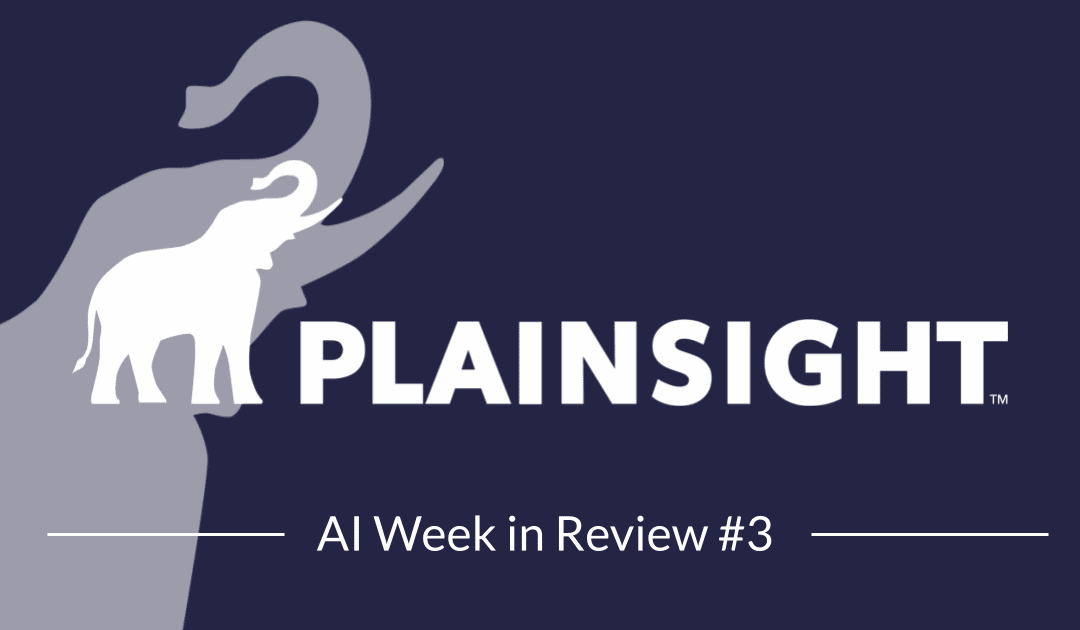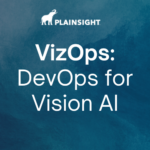This week in AI and ML news: Getty Images sues Stable Diffusion, AI helps locate elusive birds, and more.
Author’s Note
Ranchers, farmers, and agribusinesses are sowing the seeds of innovation with computer vision solutions that generate insights from visual data and empower digital transformations. An exciting case in point is this demonstration of the autonomous V1 Ranch Rover below. Developed by Smooth Ag, the self-driving Rover navigates ranch terrain to deliver feed to precise locations. All the while, Plainsight-designed computer vision solutions detect, count, track, and monitor livestock, landmarks, and resources in real time, building a valuable repository of real-world data to increase ranch efficiency and support a wide range of high-impact use cases.
AI News
Getty Sues the Team Behind Stable Diffusion
Getty Images is suing Stability AI in UK courts, issuing a “letter before action” to the organization who developed Stable Diffusion this week. Speaking to The Verge, Getty CEO, Craig Peters, did not clarify whether US legal action would follow. He did, however, elaborate on the current lawsuit, noting, “The driver of [the lawsuit] is Stability AI’s use of intellectual property of others – absent permission or consideration – to build a commercial offering of their own financial benefit.”
Stable Diffusion’s training dataset is open source and private assessments have confirmed the presence of content from Getty Images and other stock photo repositories. The lawsuit represents the latest chapter in an ongoing conflict between generative AI solution providers and creators of all types. Peters likens the current generative AI landscape to the early days of music pirating, when platforms like Napster raised new questions about intellectual property. He goes on to state that his organization’s goal is not financial compensation but the establishment of a new legal precedent to guide enterprises in this evolving world. Learn more about Getty’s lawsuit.
Detecting Birdsong from Endangered Species with AI
Researchers in Queensland, Australia had not heard the rare eastern bristlebird’s distinct call since the headline-making wildfires of 2019 and 2020. A team at Queensland University of Technology has teamed up with solution providers to bolster their listening powers. Together, they’ve leveraged an approach called passive acoustic monitoring to build a model capable of quickly picking bristlebird calls out of hours-long recordings.
The project represented an ideal collaboration between AI and human experts, relying on the trained ears of avian specialists to fine-tune the call detecting models. With 20 monitors now at their disposal, the team is hopeful the project will provide valuable insights about the overall health of ecosystems and that models will learn to identify individual animals. Check out an overview of these conservation efforts that could soon help track and manage additional endangered species.
CNET’s AI Journalist Is Off to a Rocky Start
Though generative tech solutions like ChatGPT have been shown to offer some impressive responses—even prompting the academic community to take action—they’re far from perfect. Tech outlet CNET has learned this the hard way. Over the last few months, the site has published nearly 80 articles that were broadly attributed to CNET as opposed to human authors. Though the origin of these articles was not immediately clear, persistent errors forced the publication to clarify its process for editing and reviewing AI-generated posts published under the CNET byline. After readers and journalists identified inaccuracies and mistakes in a number of posts, CNET updated all AI-authored posts with an editors’ note advising readers of an ongoing review process.
Gizmodo notes that CNET initially kept the nature of these articles fairly mysterious and that the site looks to apply AI more broadly and liberally than other outlets. Read more about how the inaccurate content came to light, how CNET has responded, and what the broader tech community has had to say about the news.
About Plainsight Technologies
Plainsight dramatically reduces the cost and complexity of AI-powered computer vision across many verticals and enterprise use cases, including manufacturing, retail, food service, theft, and more. As companies automate their operations with AI and Agents, Plainsight brings vision capabilities to watch and analyze events in the real world and generate structured data for analytics and reporting. Headquartered in Kirkland, Washington, Plainsight Technologies operates as a distributed team, delivering cutting-edge solutions worldwide. To learn more, visit plainsight.ai.




